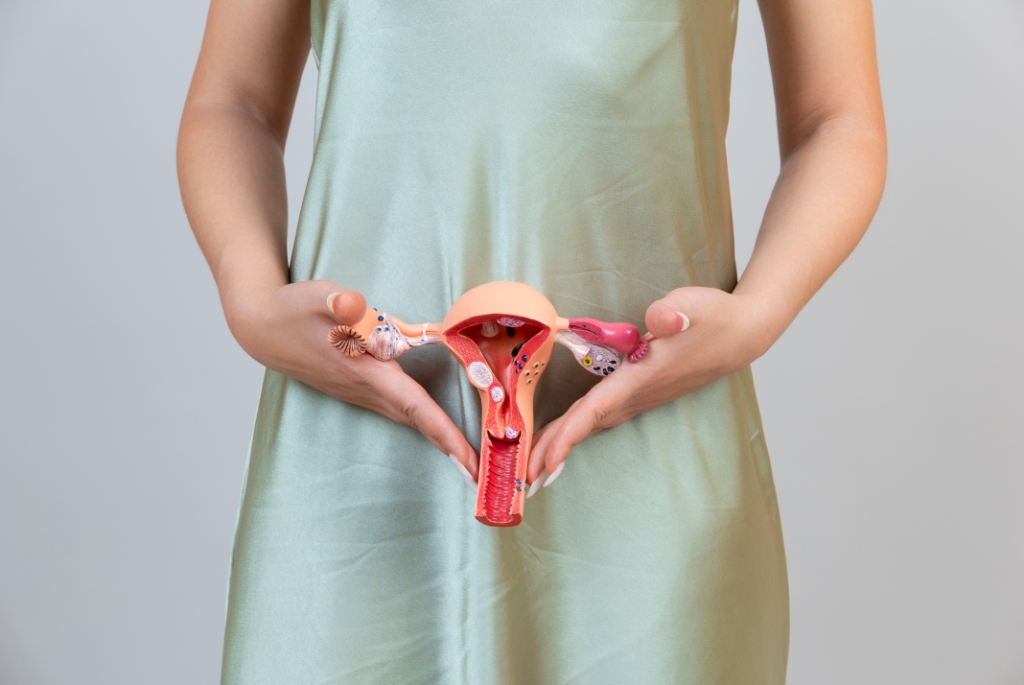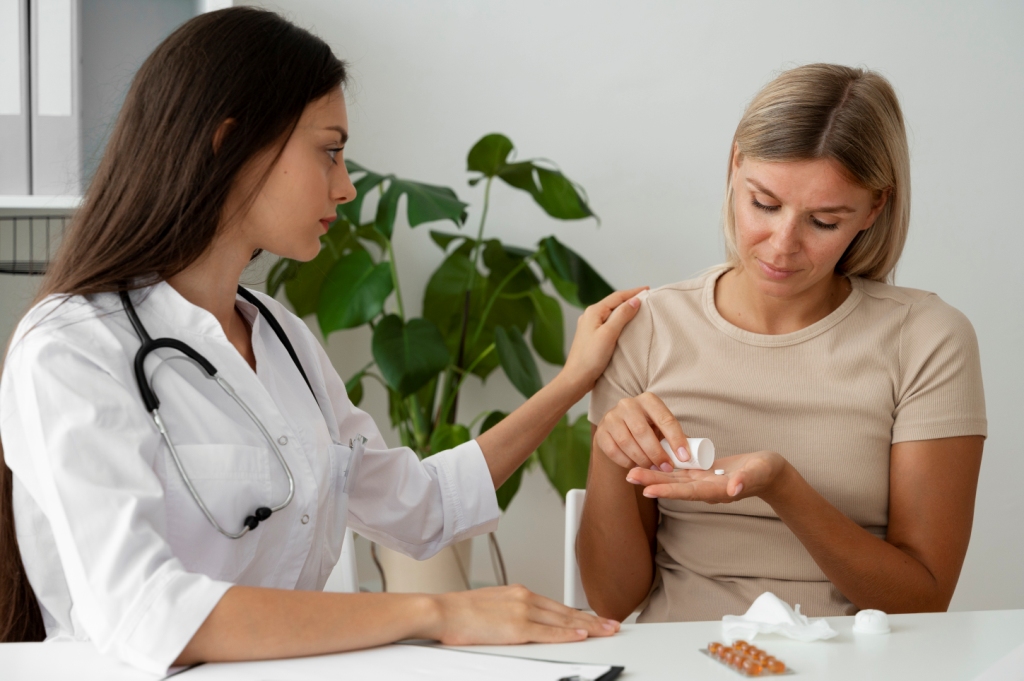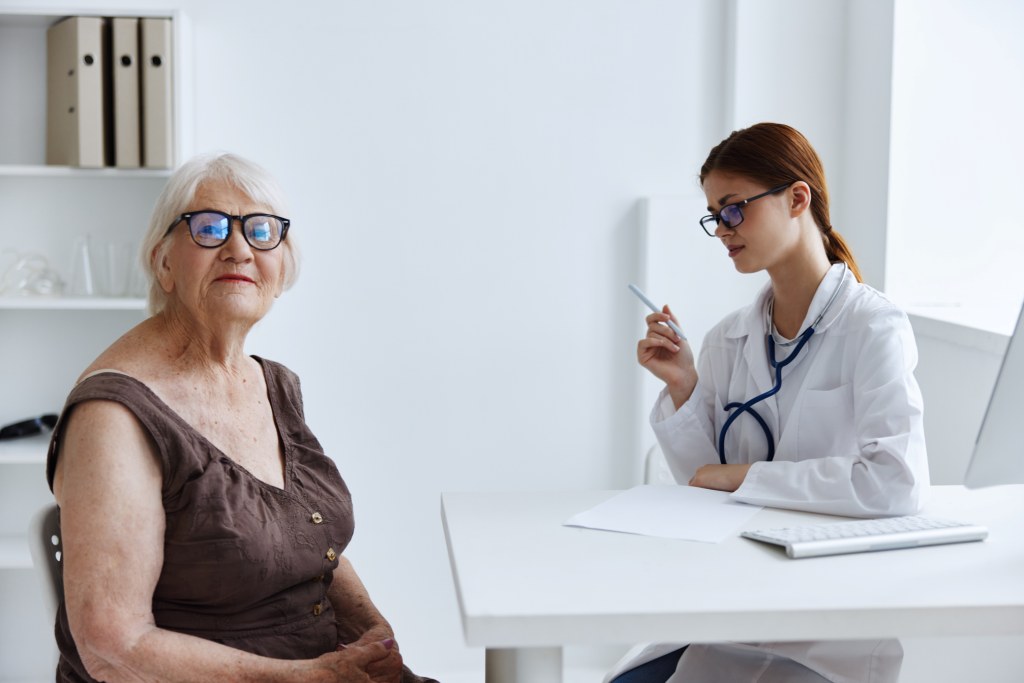Cervical cancer is a serious health concern that primarily affects women, and while it is often associated with younger age groups, it can also pose a significant threat to older women. There are some potential risks as well as recommendations for cervical cancer in older women, shedding light on the importance of continued awareness and proactive healthcare measures.
Understanding Cervical Cancer
Cervical cancer is a type of cancer that begins in the cells of the cervix, the lower part of the uterus that connects to the vagina. Human papillomavirus (HPV) infection is a major risk factor for cervical cancer, and persistent infection with high-risk HPV types can lead to the development of precancerous and cancerous lesions. While HPV vaccination has been effective in reducing cervical cancer rates in younger populations, older women may still be at risk due to factors such as delayed onset of sexual activity, multiple sexual partners, or lack of vaccination.


Risks for Older Women
Contrary to common belief, cervical cancer does not discriminate based on age. Older women, especially those who have not been consistently screened for cervical cancer throughout their lives, may face an increased risk. The decline in regular screenings and a false sense of security after menopause can contribute to the delayed detection of cervical abnormalities. Additionally, compromised immune systems in older individuals may make it more challenging for the body to combat HPV infections and prevent the progression to cervical cancer.
Recommendations for Older Women:
Regular Screening
Even after menopause, women must continue with regular cervical cancer screenings, such as Pap smears or HPV tests. Early detection can significantly increase the chances of successful treatment.
Vaccination
While the HPV vaccine is typically administered to adolescents, older women who have not been vaccinated may still benefit. Consult with a healthcare professional to determine if vaccination is a suitable option based on individual health and risk factors.
Healthy Lifestyle Choices
Adopting a healthy lifestyle can contribute to overall well-being and may help reduce the risk of cervical cancer. This includes maintaining a balanced diet, regular exercise, avoiding smoking, and limiting alcohol consumption.
Maintaining Sexual Health
Practicing safe sex and discussing sexual health openly with your doctor are important aspects of preventing and managing cervical cancer risks in older women.
Consulting Healthcare Professionals
Regular check-ups with healthcare professionals are essential, especially for older women. Discussing individual health history, potential risk factors, and any unusual symptoms can aid in the early detection and management of cervical cancer.

Cervical cancer is a health concern that affects women of all ages, including older women. Despite advancements in prevention and early detection, older individuals may still be at risk, emphasizing the need for continued awareness and proactive healthcare measures. By prioritizing regular screenings, vaccination when appropriate, and maintaining a healthy lifestyle, older women can take crucial steps in reducing their risk of cervical cancer and ensuring a longer, healthier life. Remember, it’s never too late to prioritize your health and well-being.
Shared by: Dr. Tejinder Kataria,
Chairperson Radiation Oncology & Cancer Center, Medanta - The Medicity.




